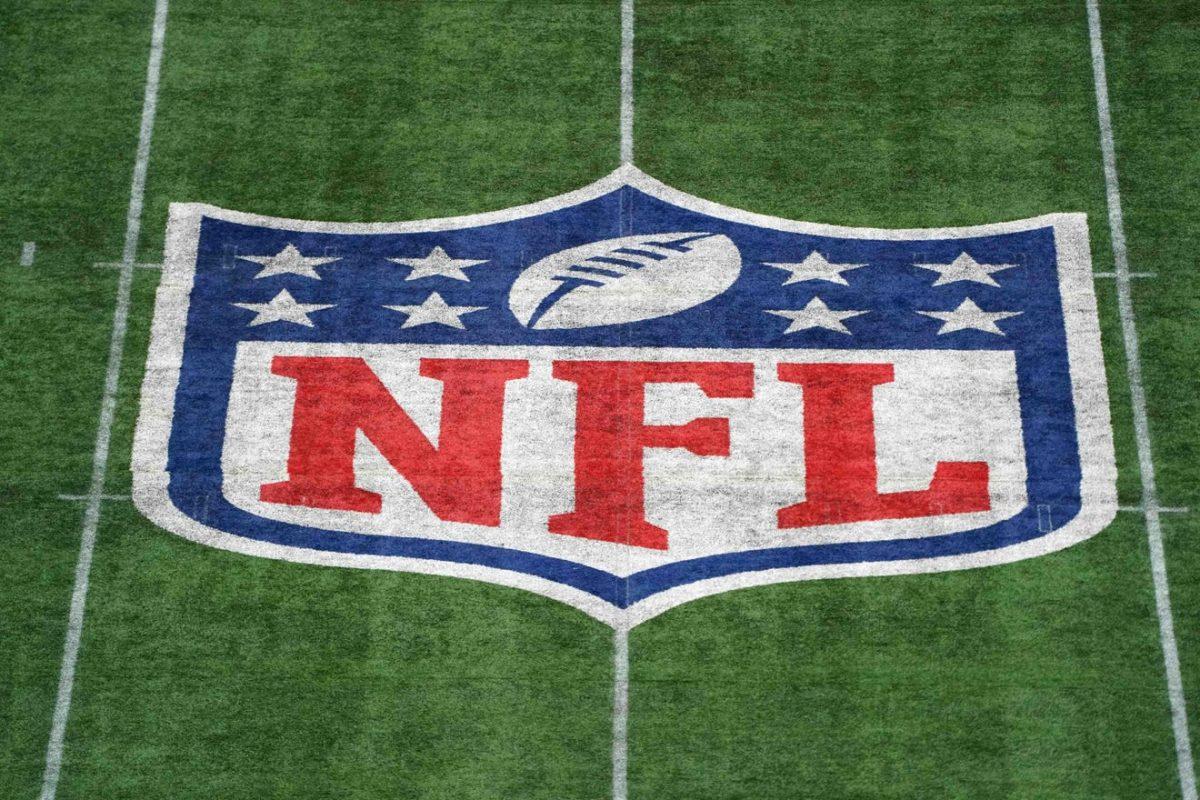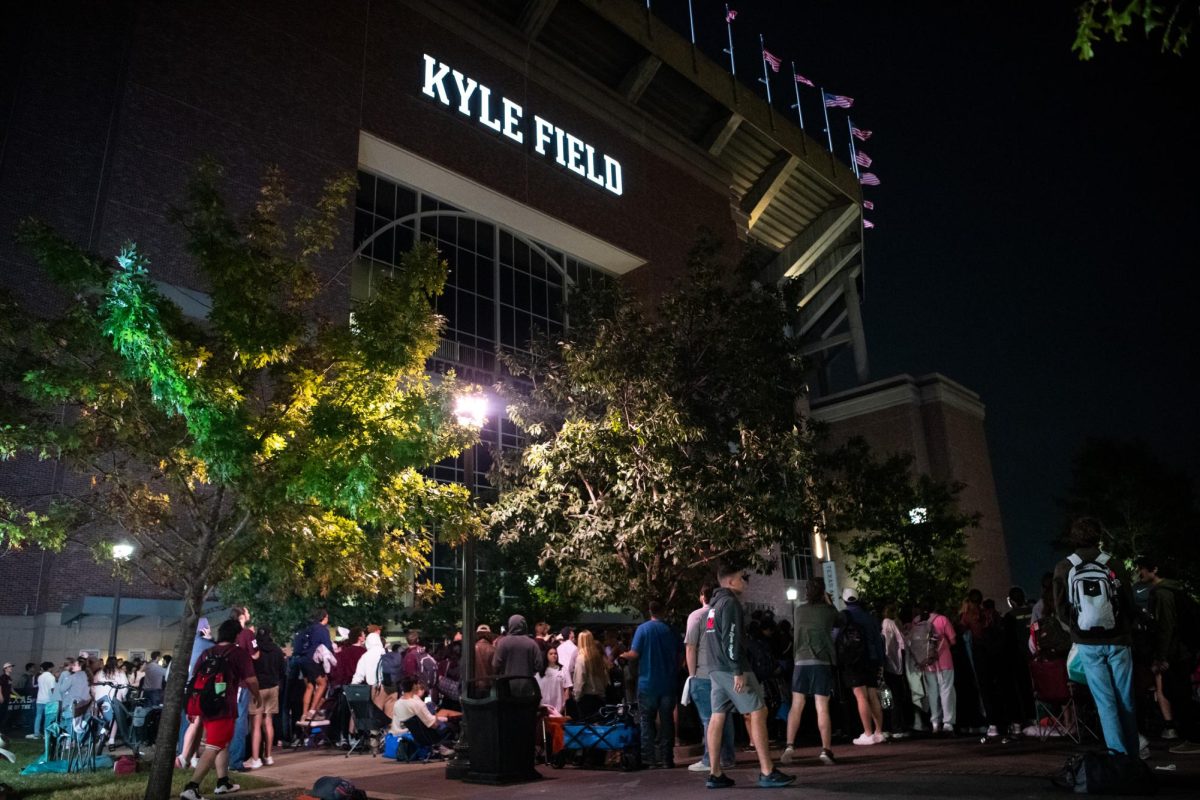Since I was a little kid, I have been an avid viewer of the NFL. However, after spending many years rooting for my favorite players, I grew tired of seeing some of my favorites like Josh Gordon get suspended for simply smoking marijuana. I knew the league needed to change something, which is why I am glad the NFL finally made a change for the better by altering its stance on cannabis.
The new rules were signed into effect last year, as part of the new collective bargaining agreement, or CBA. The CBA is one of the most important documents for the NFL as it entails all of the rules and regulations, which are important to operating the league and covers everything from how to play football to what could get a player suspended. Since each new CBA must be agreed upon by both the ownership and the players, it is great to see that many of the owners were willing to sign on the looser rules around cannabis use among players.
That said, just because the rules around testing positive for THC have been loosened, this does not mean there will be no punishment for players who decide to smoke cannabis during the season. Players who test positive for over 150 nanograms of THC in their system (the previous limit was 35 nanograms) will still be punished. Although these players will still be allowed to play, they will be required to pay fines to the league.
Still, by continuing the practice of fining players for smoking marijuana, the league sends a message that smoking weed is wrong, even if it has drastically reduced the punishment its players will receive. By continuing to fine players for marijuana use, the league could unintentionally encourage them to take opioids like Vicodin for their pain.
Brett Favre, a former quarterback for the Green Bay Packers, has been extremely open about the addiction which comes with certain painkillers prescribed to NFL players. A recent CBS Sports article reports that “[Favre] once took 15 Vicodins at a time” or about “a month’s worth of painkillers in two days.” This amount of addiction is certainly a problem and can lead to long-term health effects.
Favre is not the only former athlete struggling with painkiller addiction.
A study conducted by Washington University found that “52 percent of retired players said they used prescription pain medication during their playing days.” With more than half the league involved in using painkillers, marijuana could be a viable replacement for at least some of these players.
Ricky Williams, another former NFL athlete, has talked openly about how marijuana can be used for the pain certain players experience. He was an avid user of cannabis during his playing days and would struggle with staying on the field because of the suspensions which came with THC use. Whether other athletes agree with Williams and think cannabis is a viable alternative is up to them. However, these players should have the choice of what drug to use for their pain, without consequences from the NFL.
Even if cannabis is not a viable alternative to painkillers, it shouldn’t be punished more strictly than certain opioids. Having fines for players who have too much THC in their system shows the NFL is picking and choosing which drugs are good and bad based on arbitrary reasoning.
In order for the NFL to completely fix their rules regarding marijuana, they must end all fines related to the drug. There must be no more pushback from the league about how much THC is in a player’s system. Clearly the NFL has done little to protect players from painkiller abuse which hurts too many former athletes. Moreover, the league should simply not have rules which regulate the use of such a common drug like marijuana.
By simply agreeing to lessen fines and suspensions for THC use, the NFL is taking a step in the right direction. Even though it would be preferable to have the league enact a policy of no punishments for the use of marijuana, there might be further change in the future. As long as the players continue to push for these drug-related rule changes, then I have no doubt these new policies will get enacted.
Bryce Robinson is a business administration sophomore and opinion writer for The Battalion.










